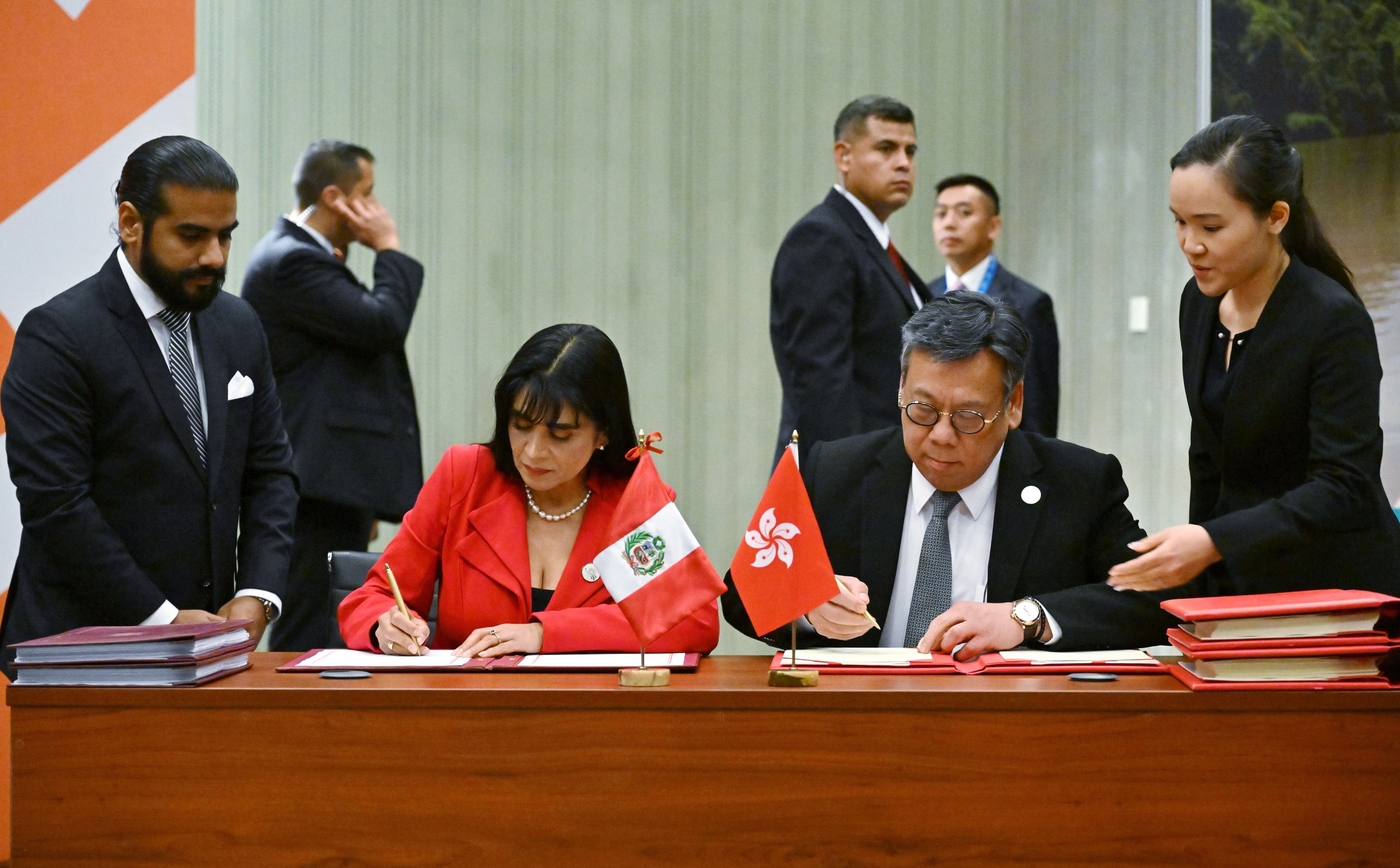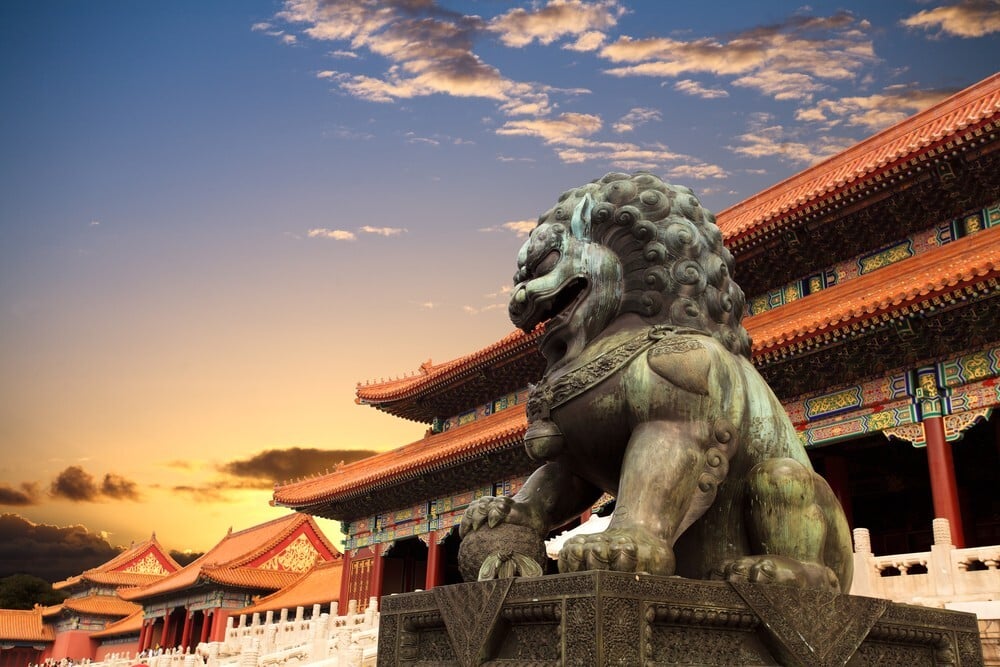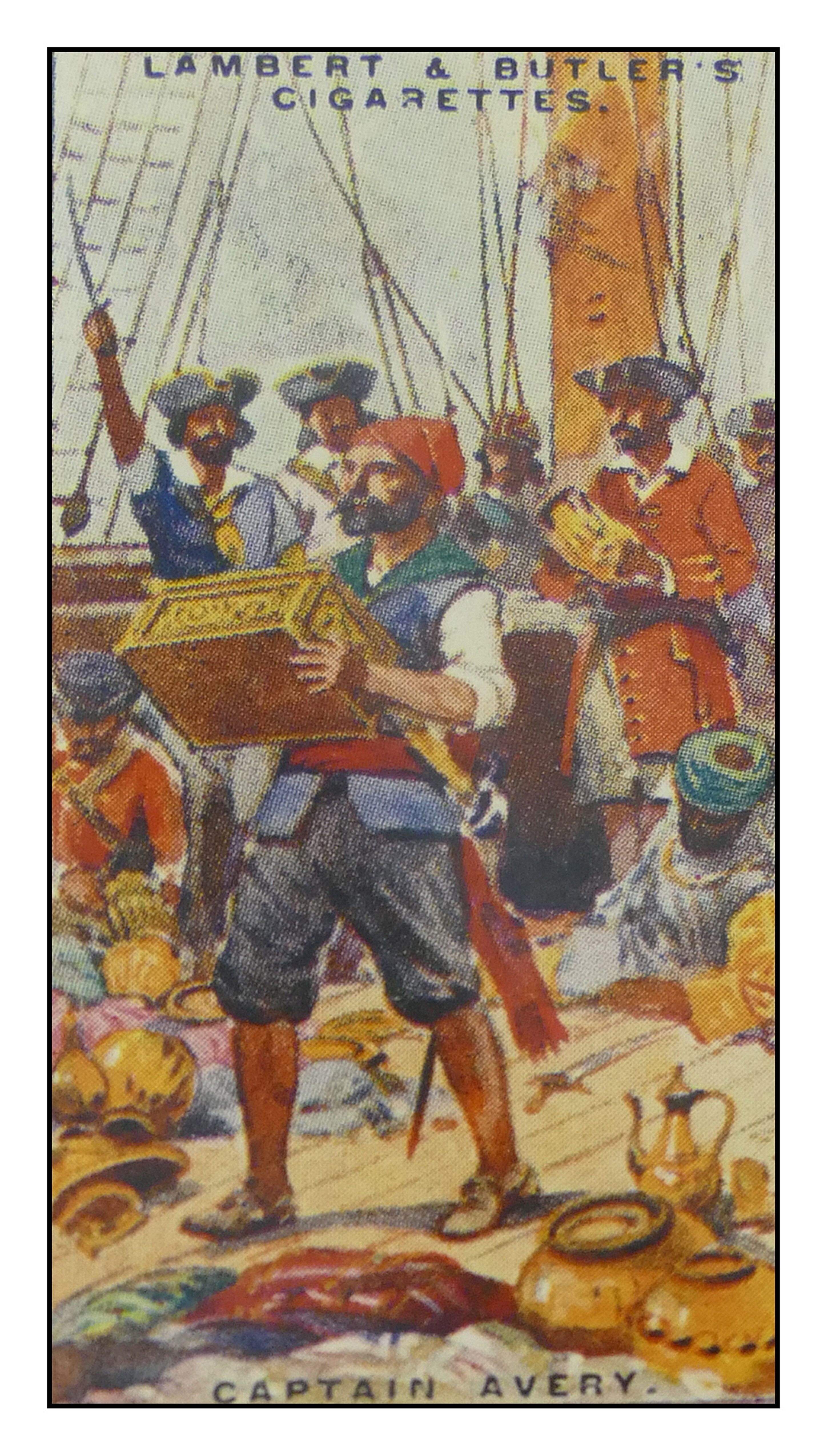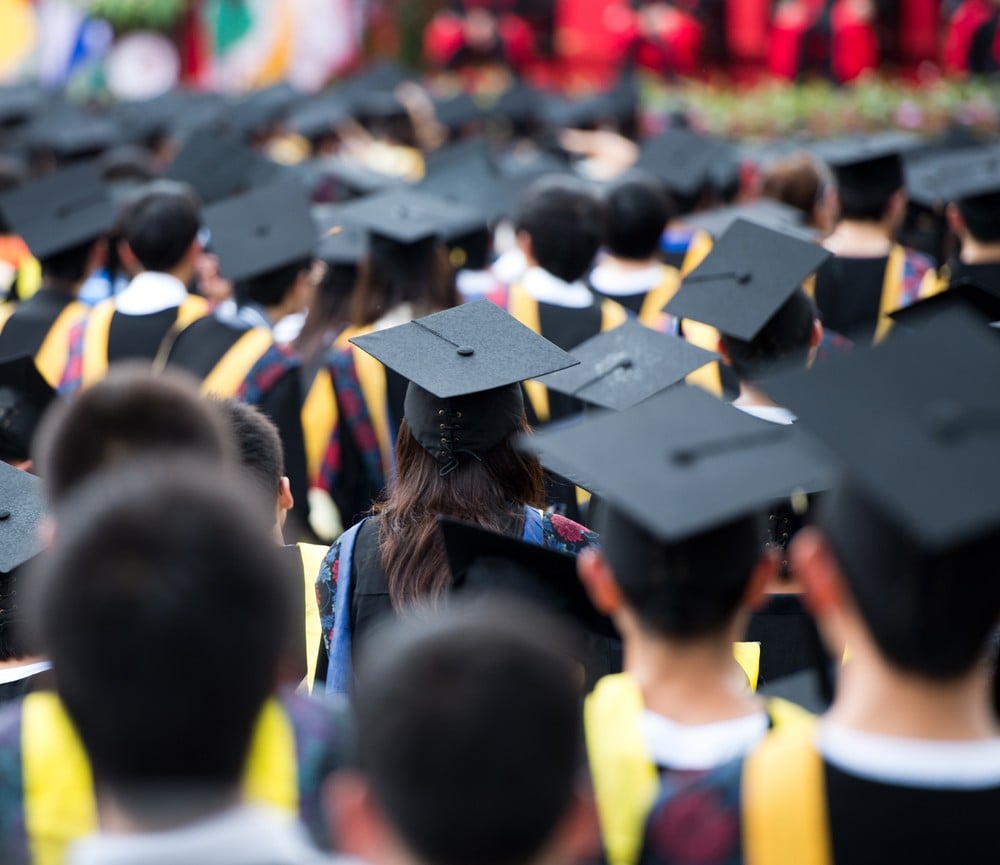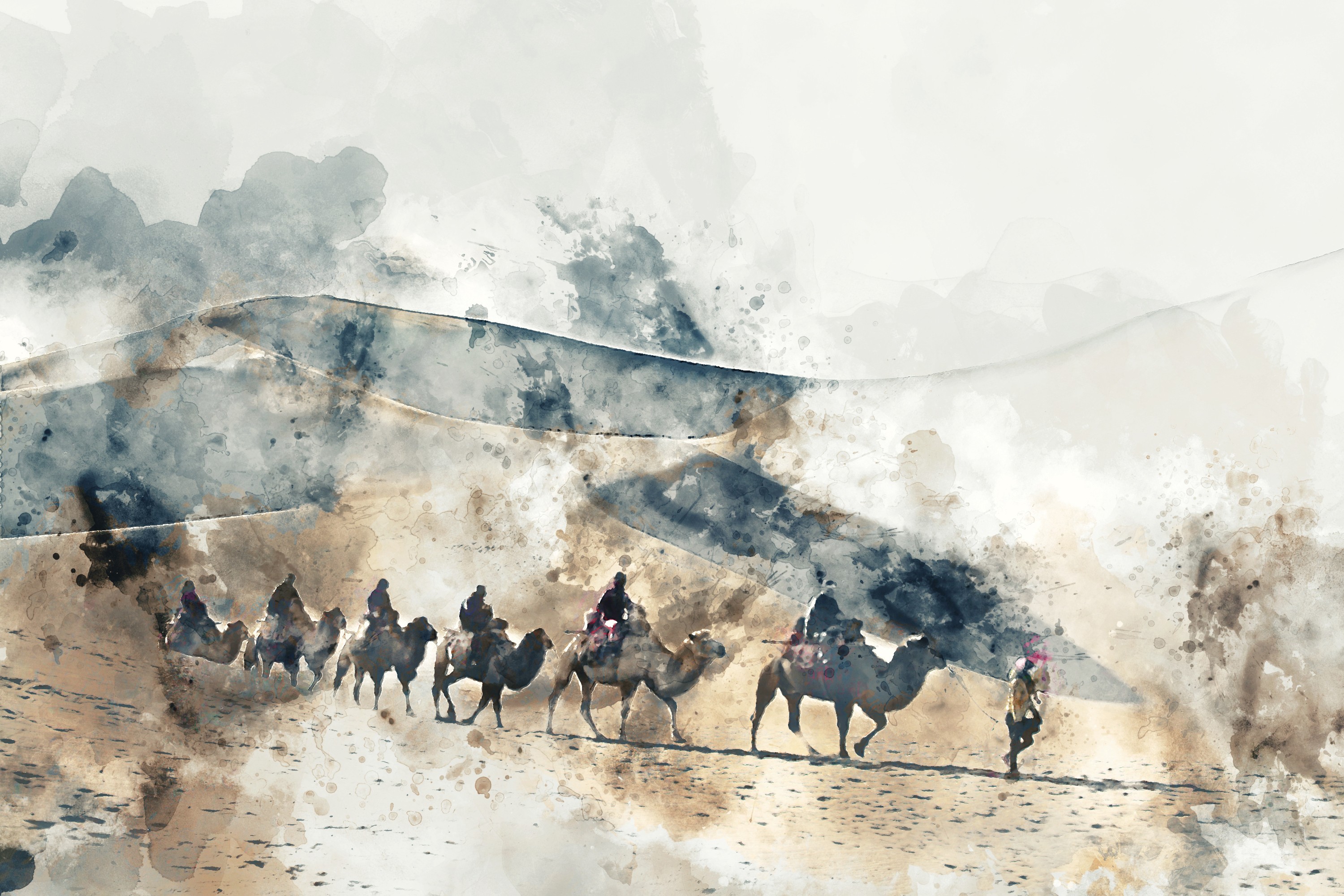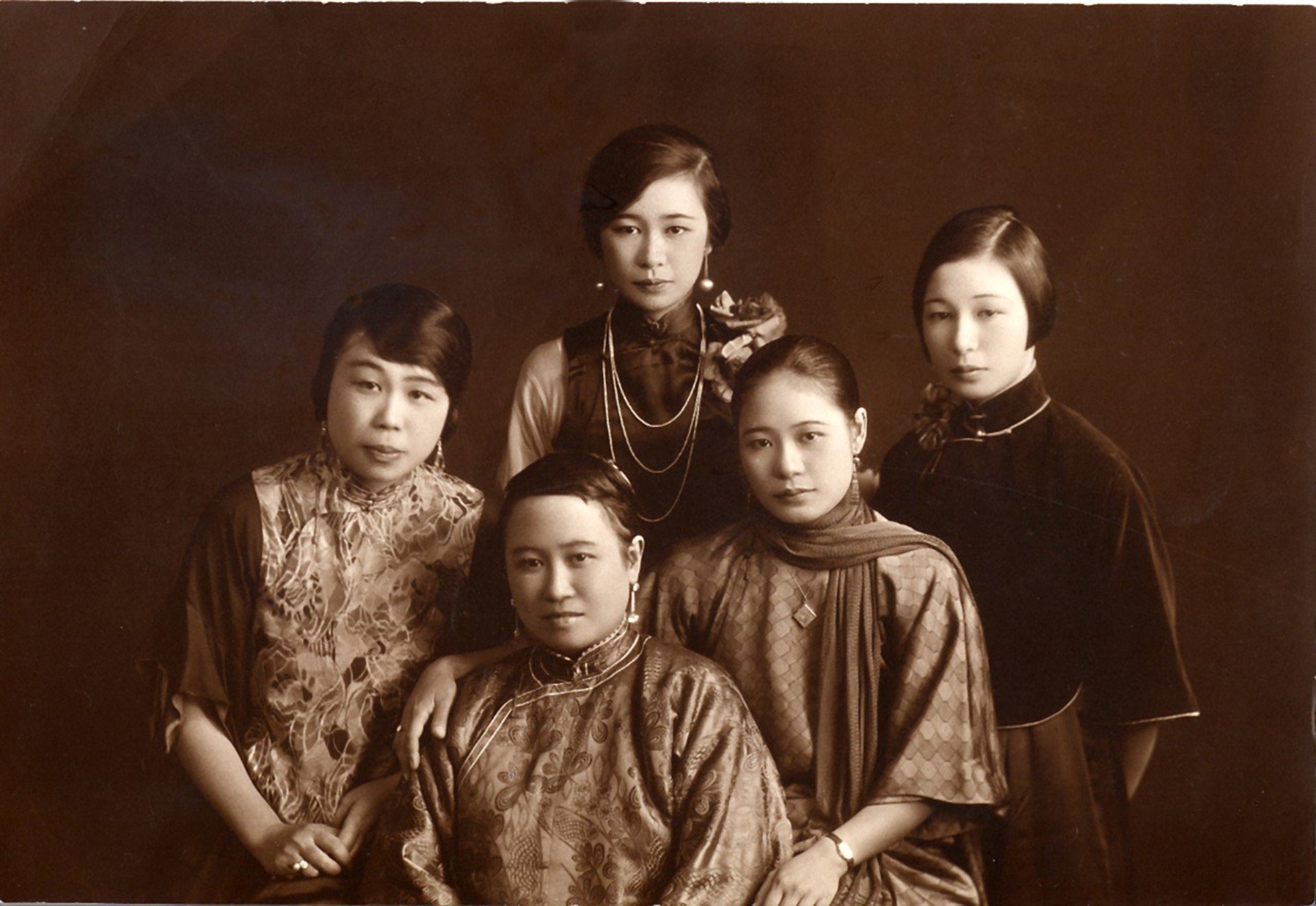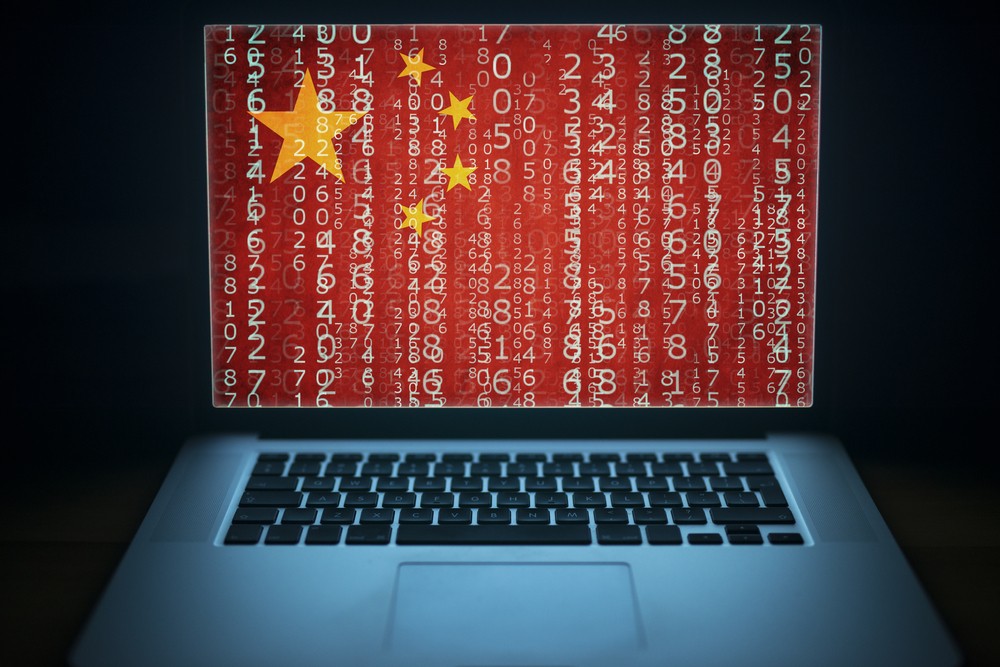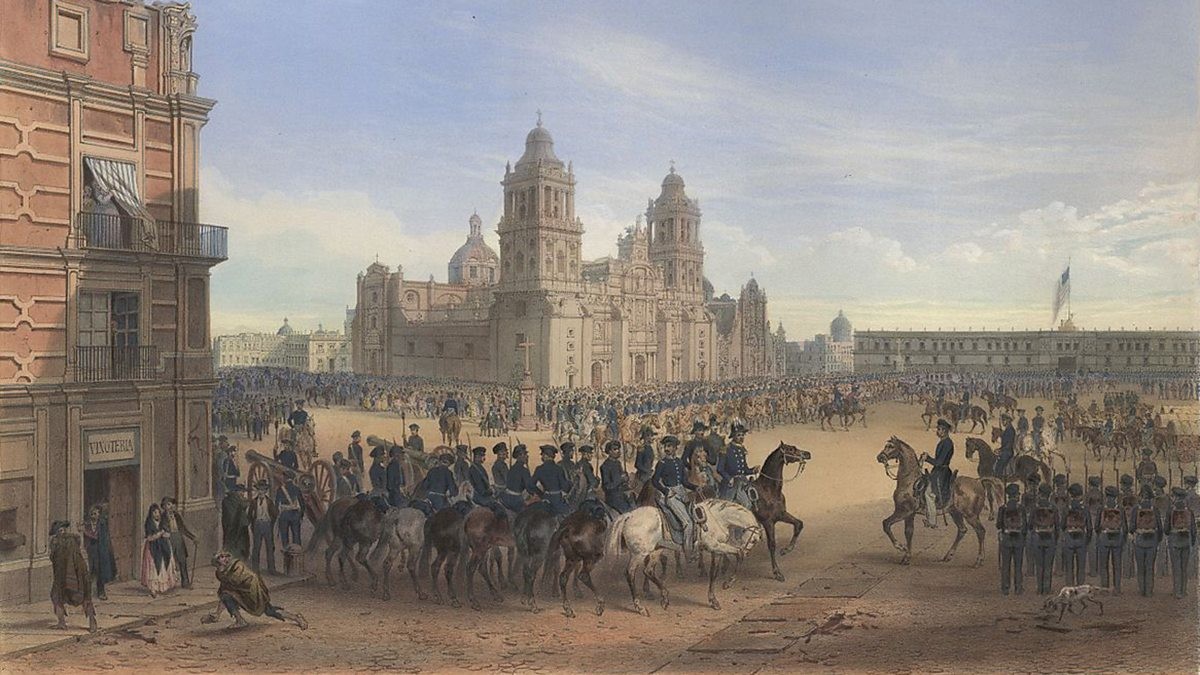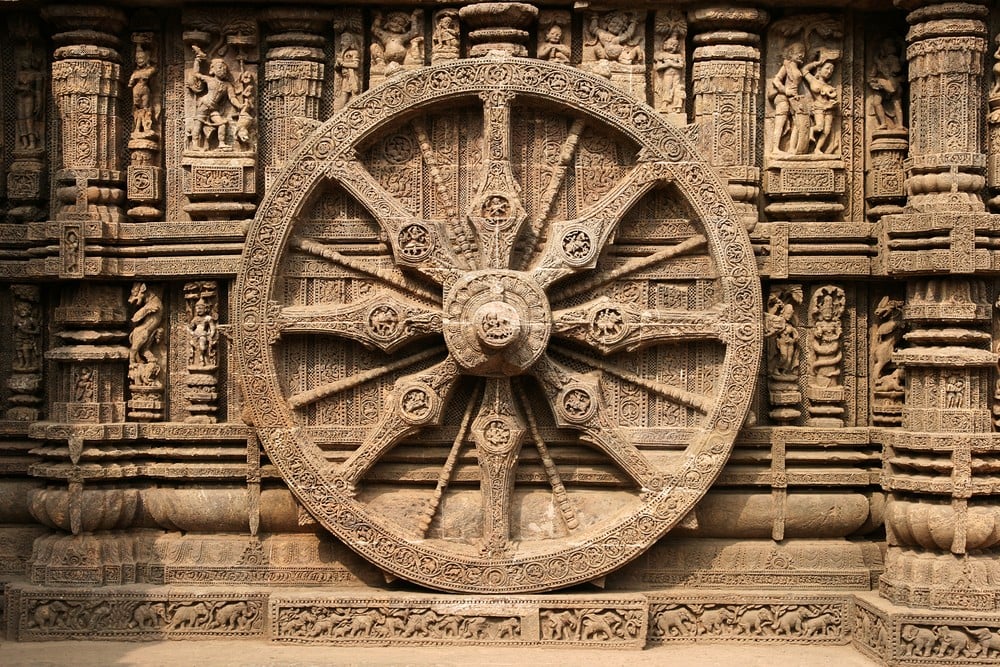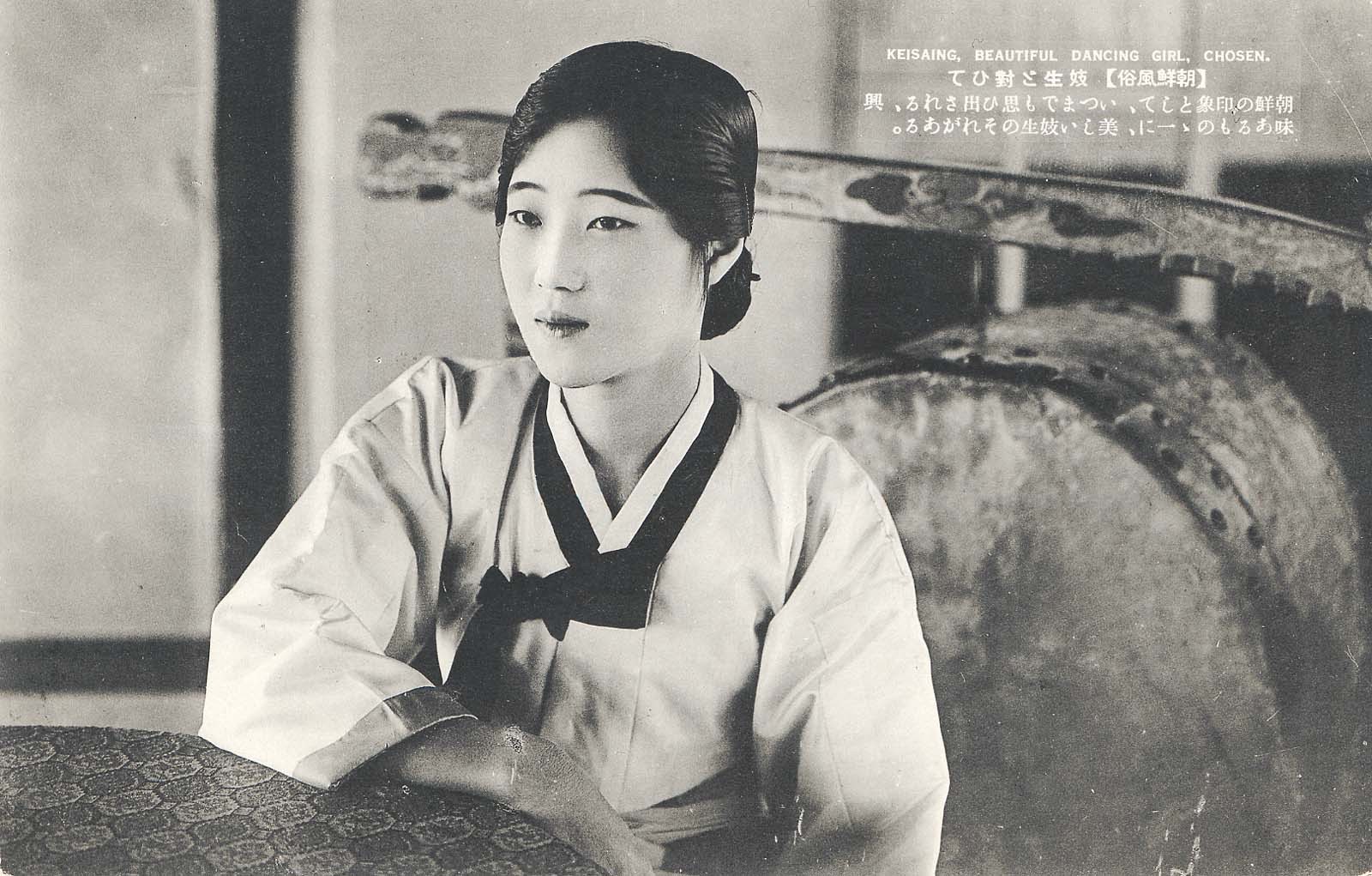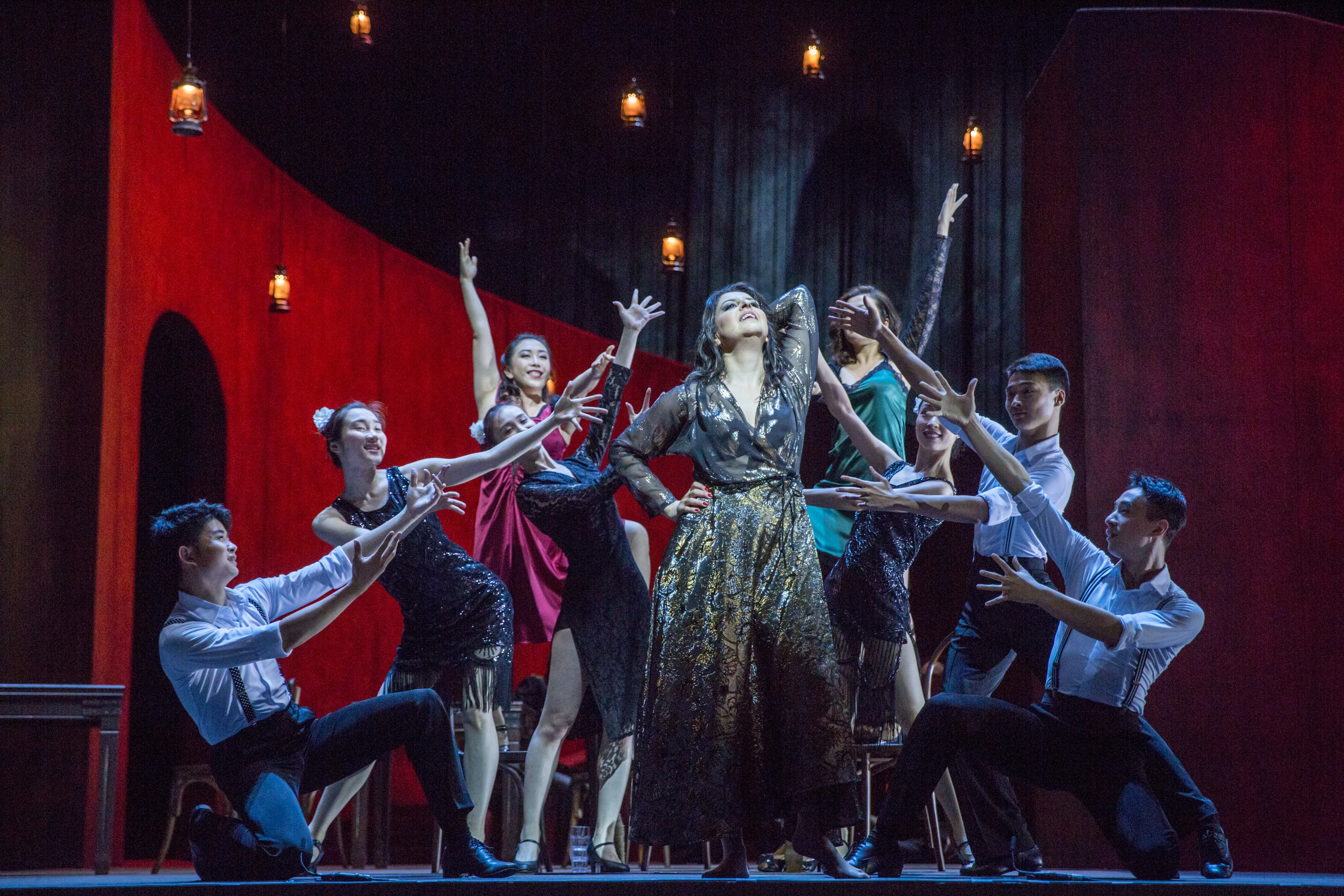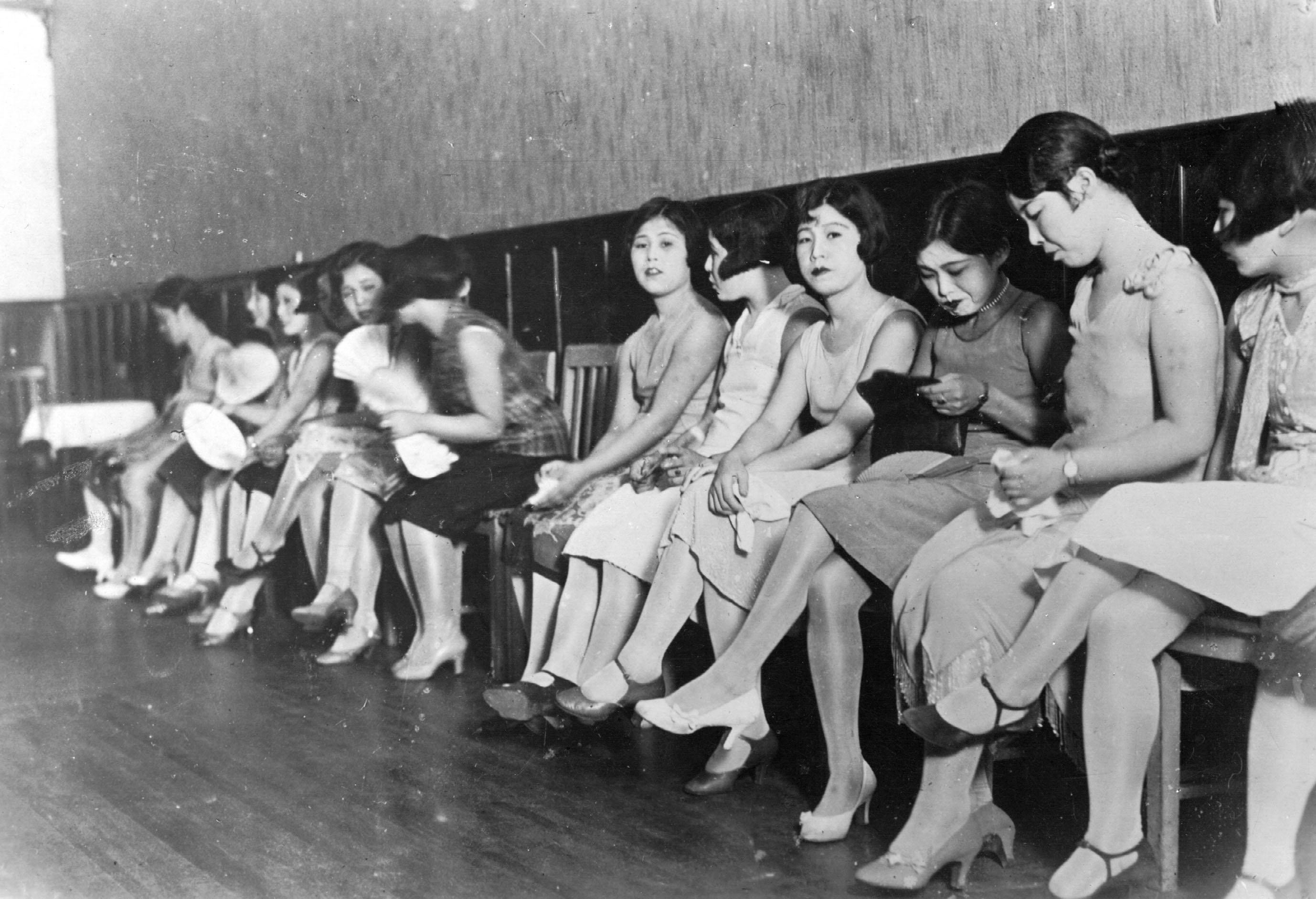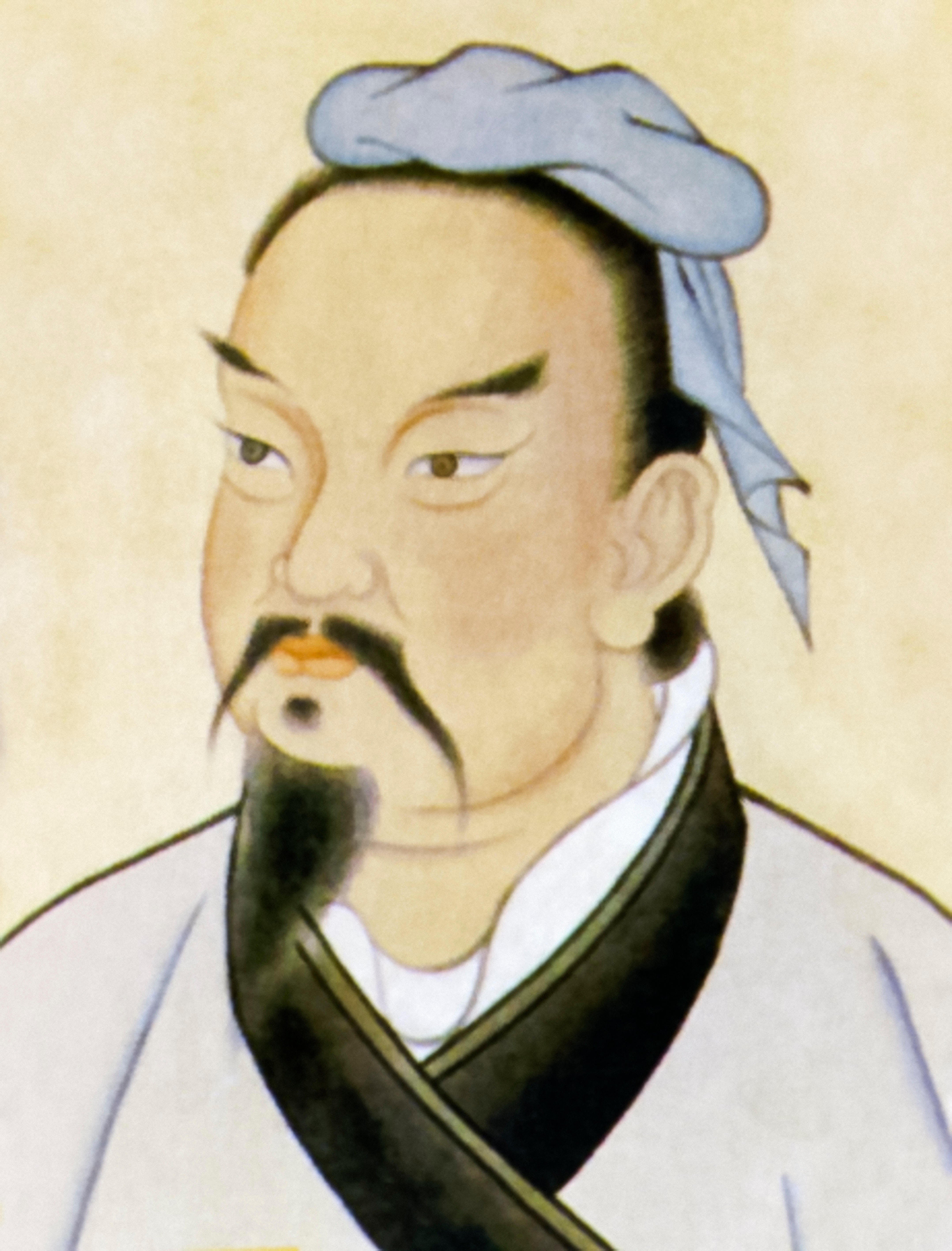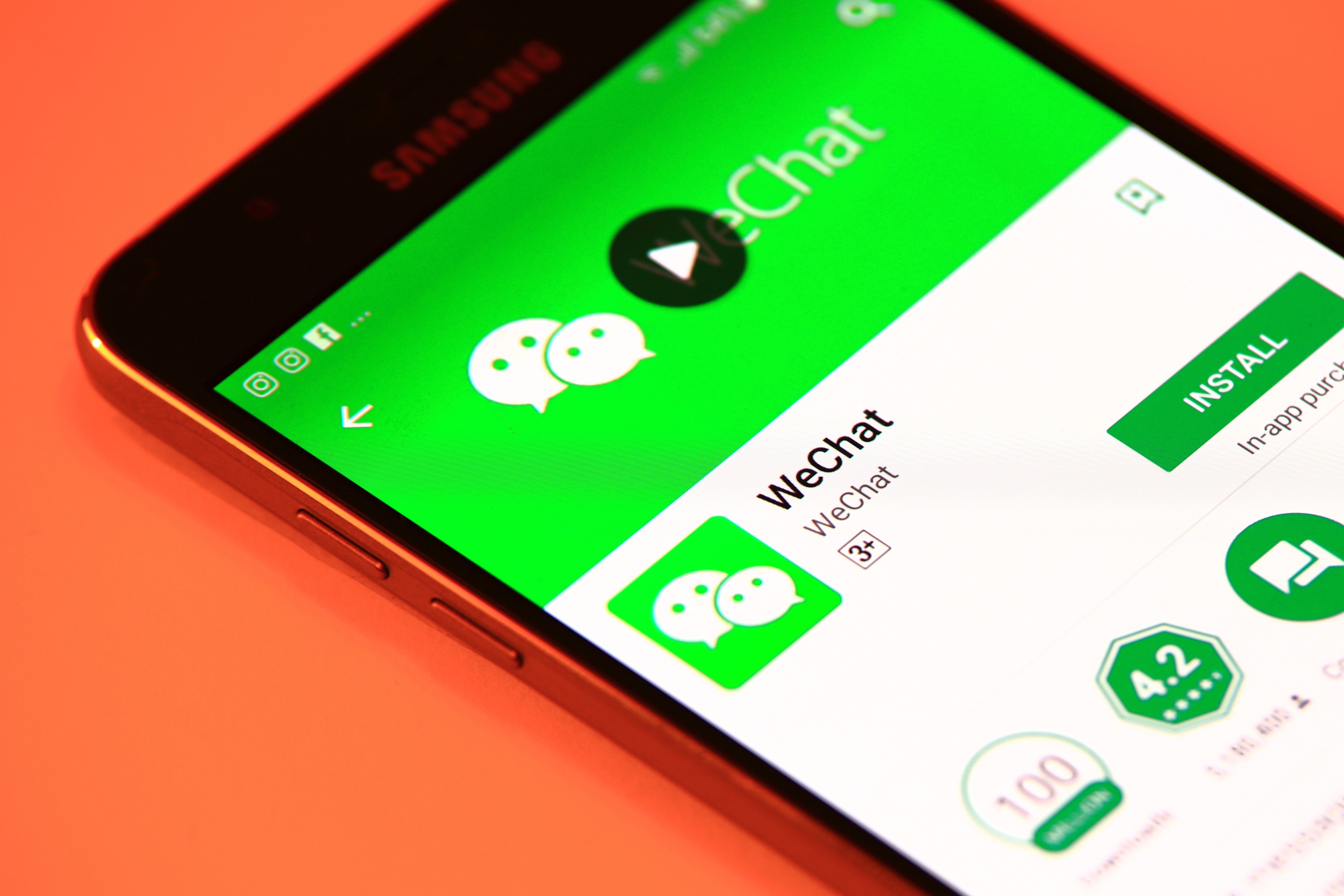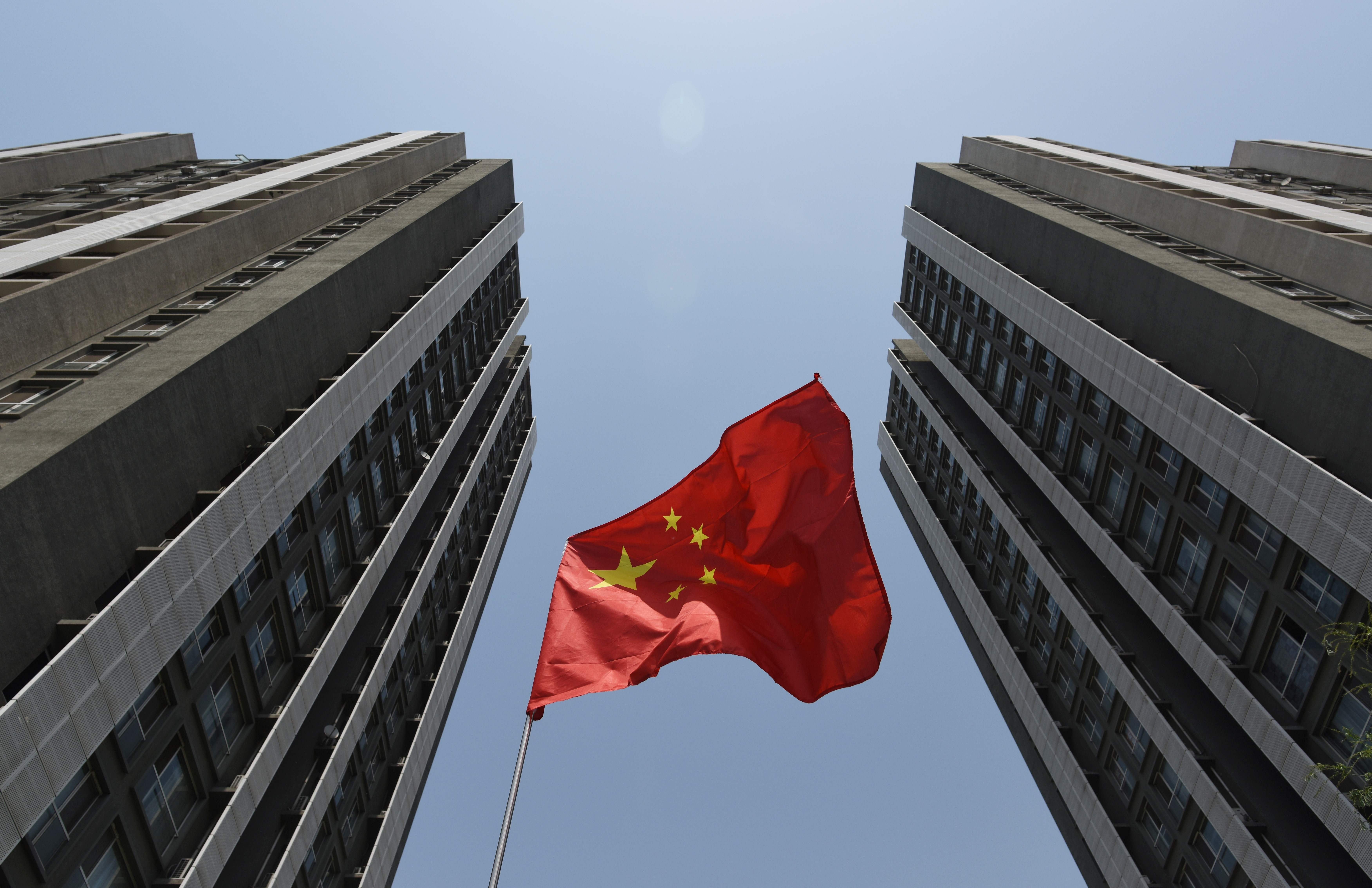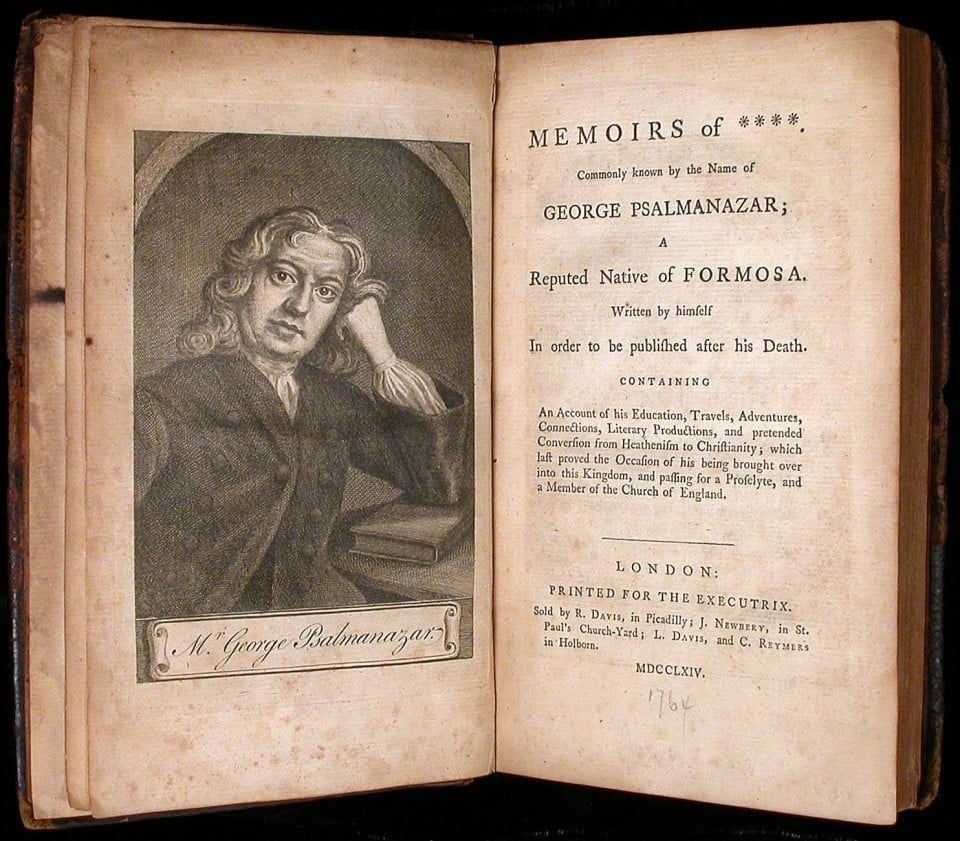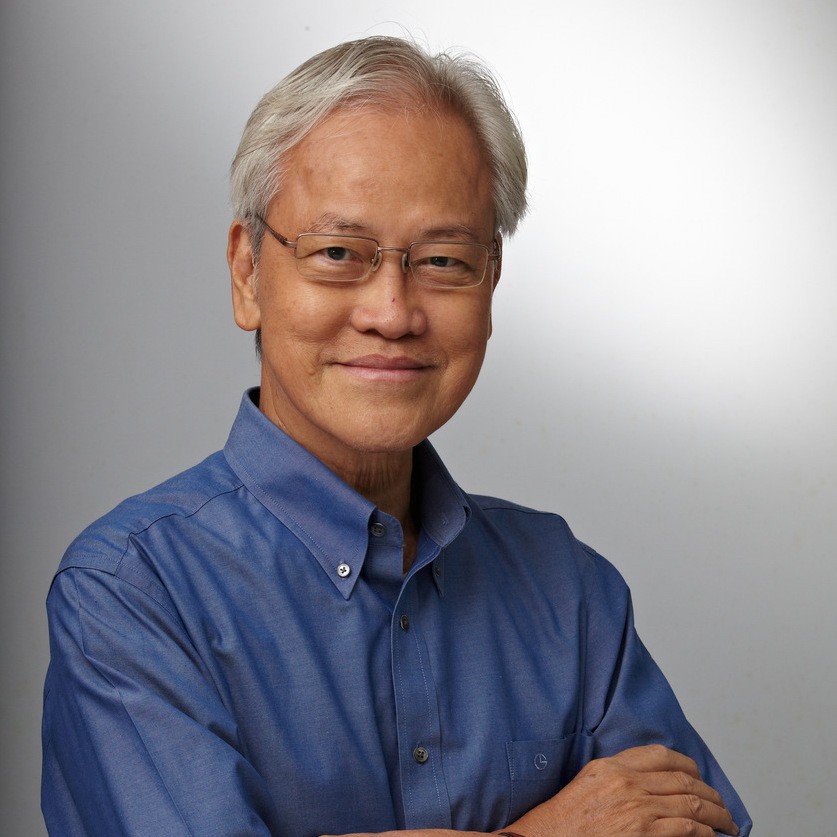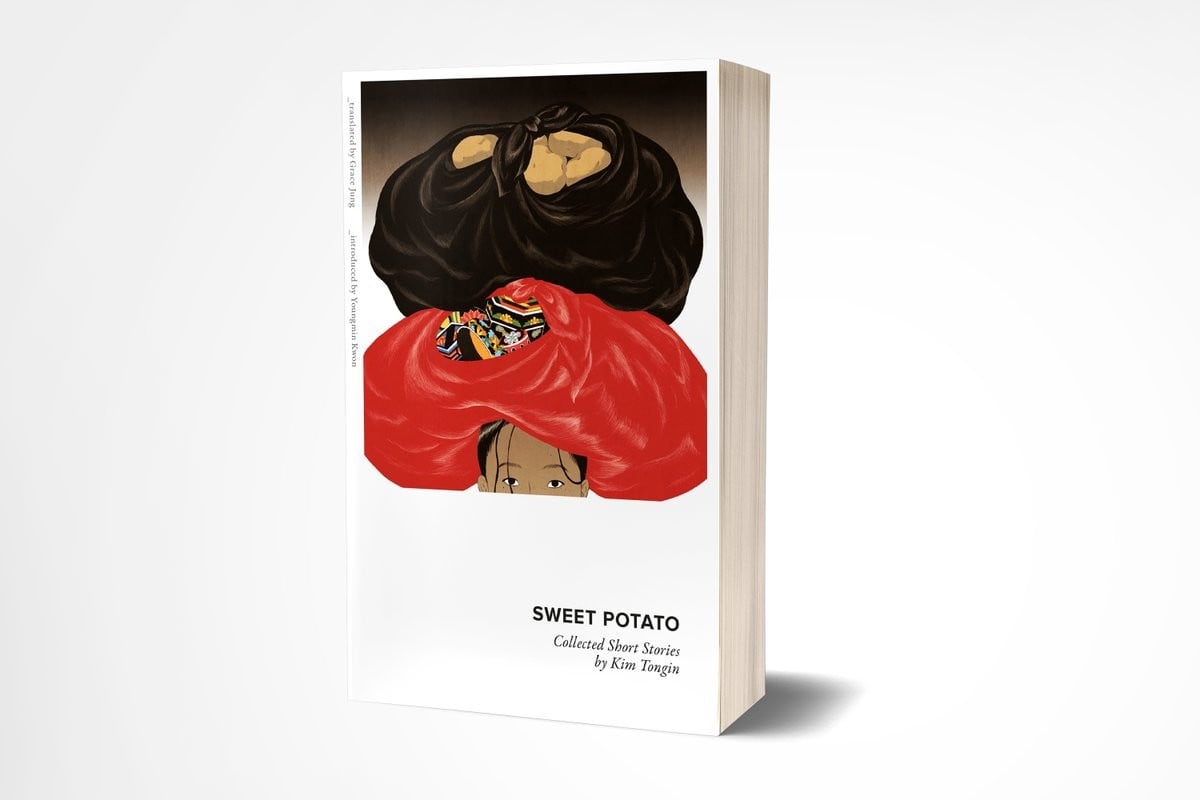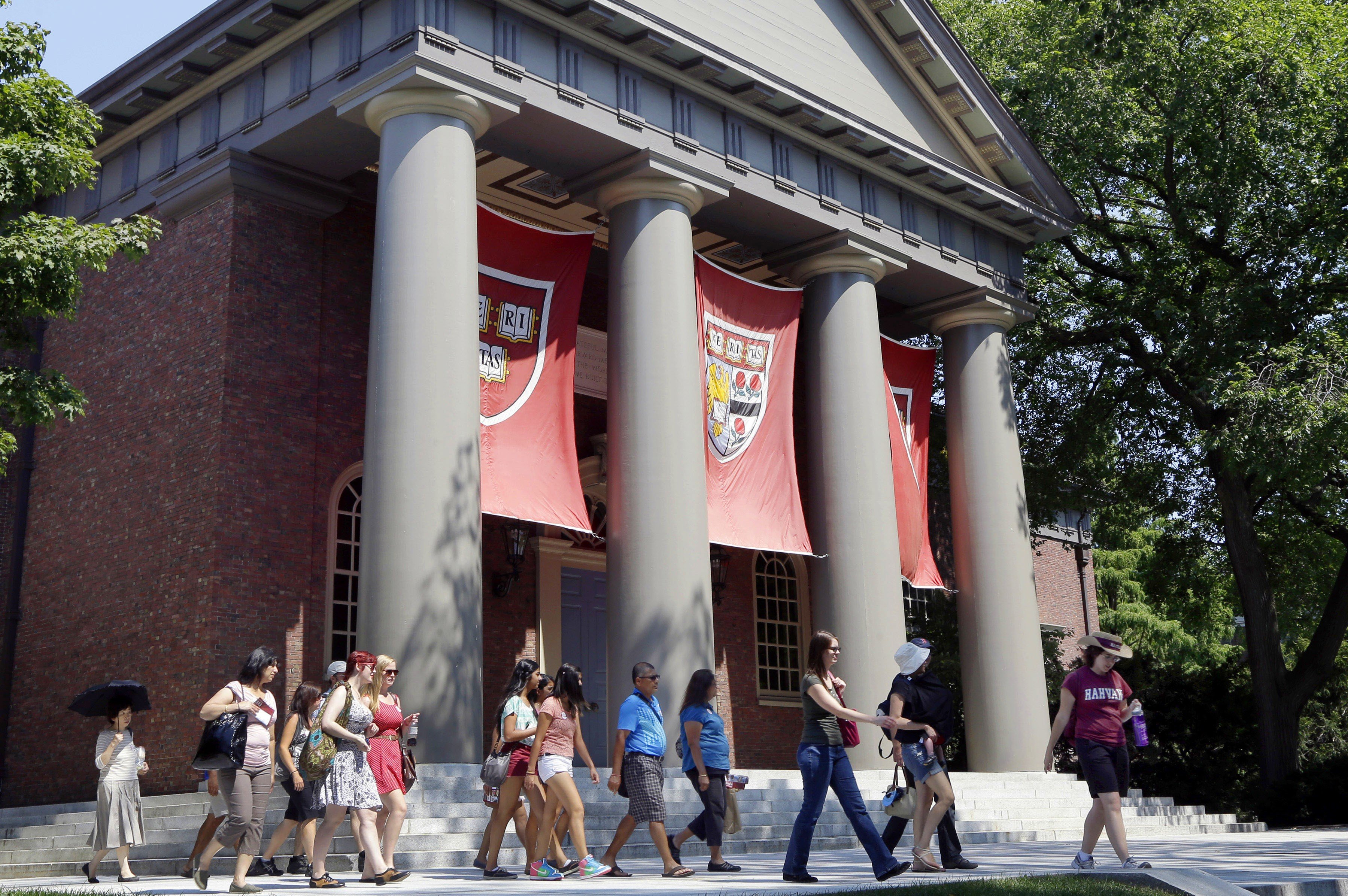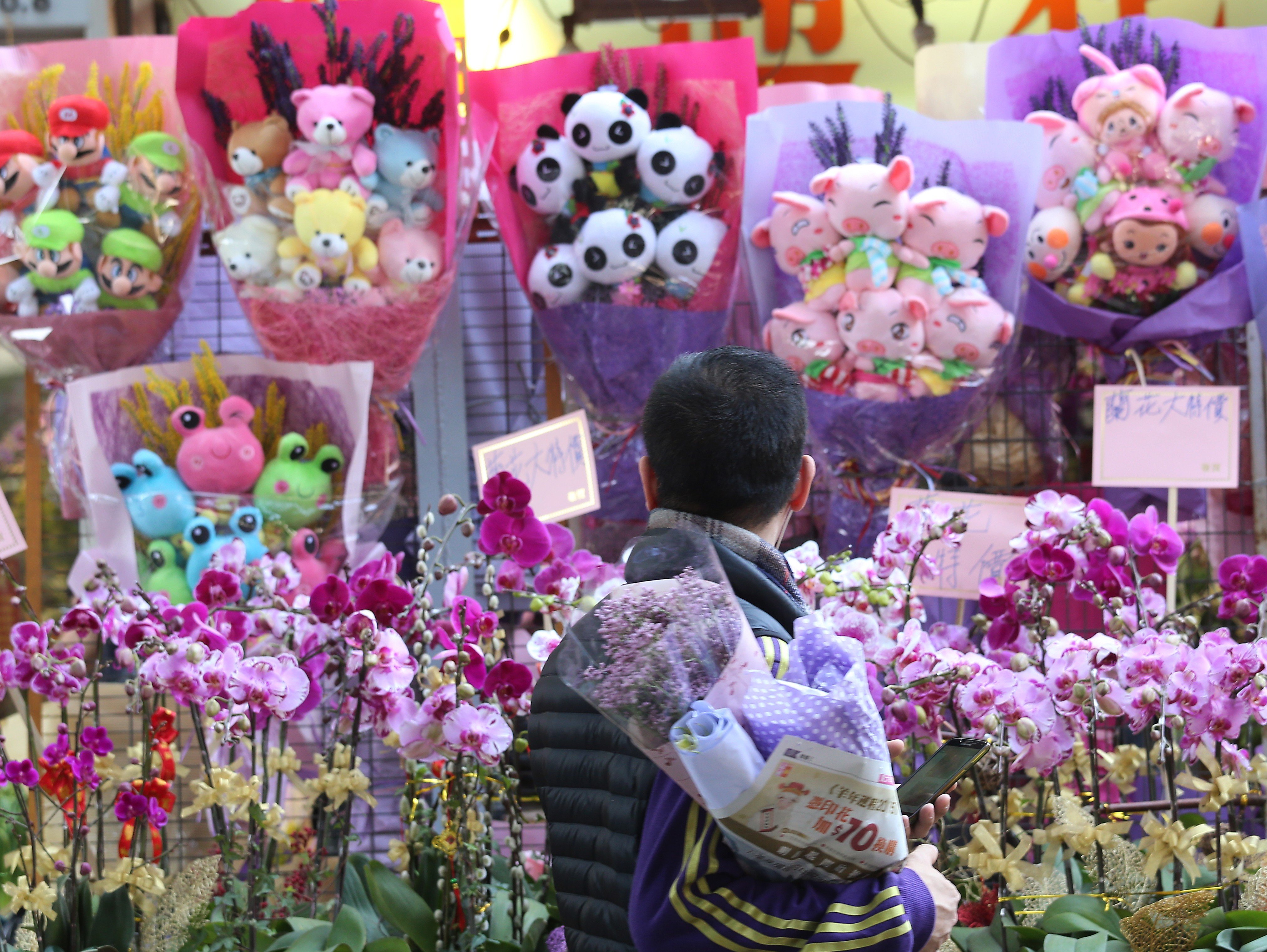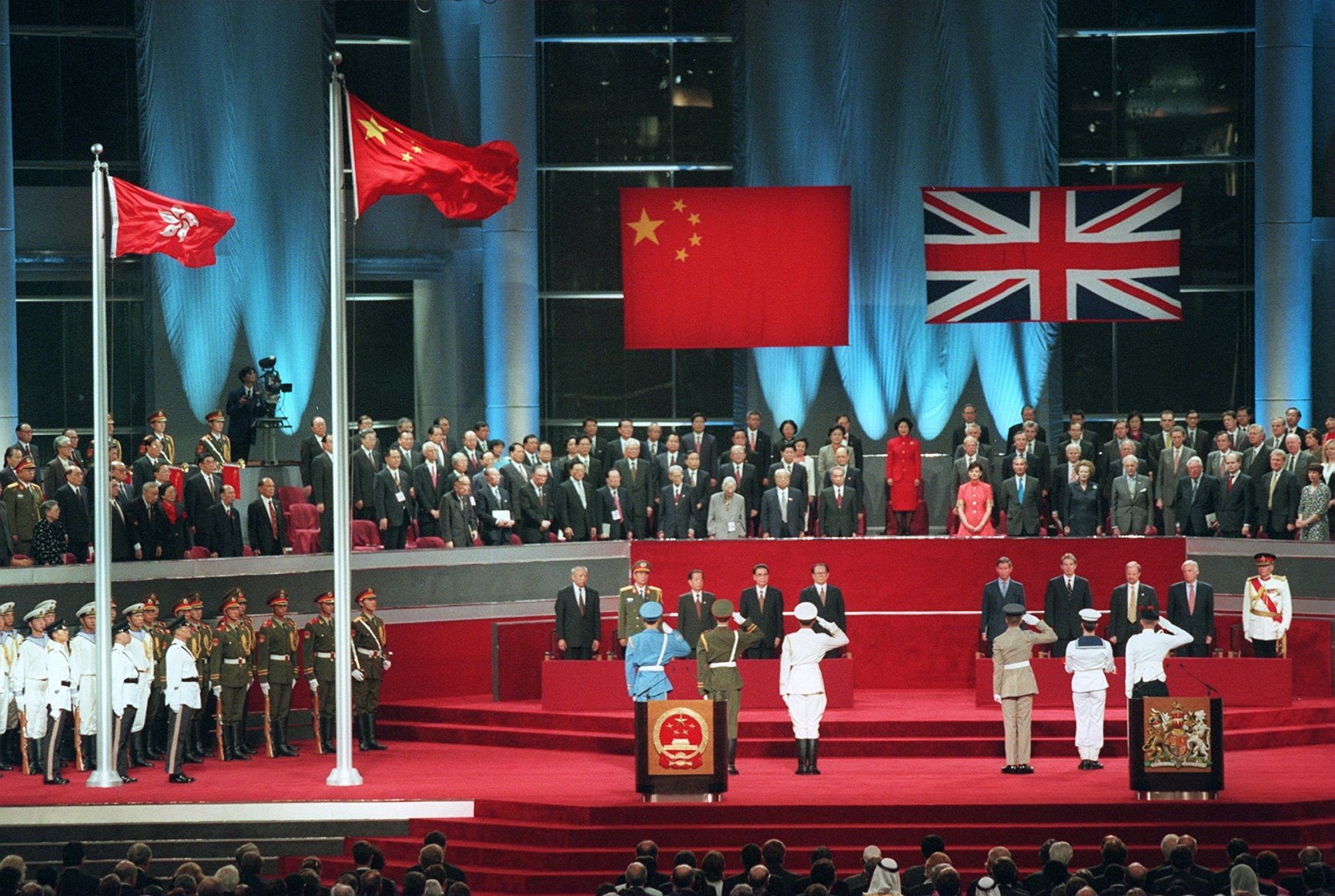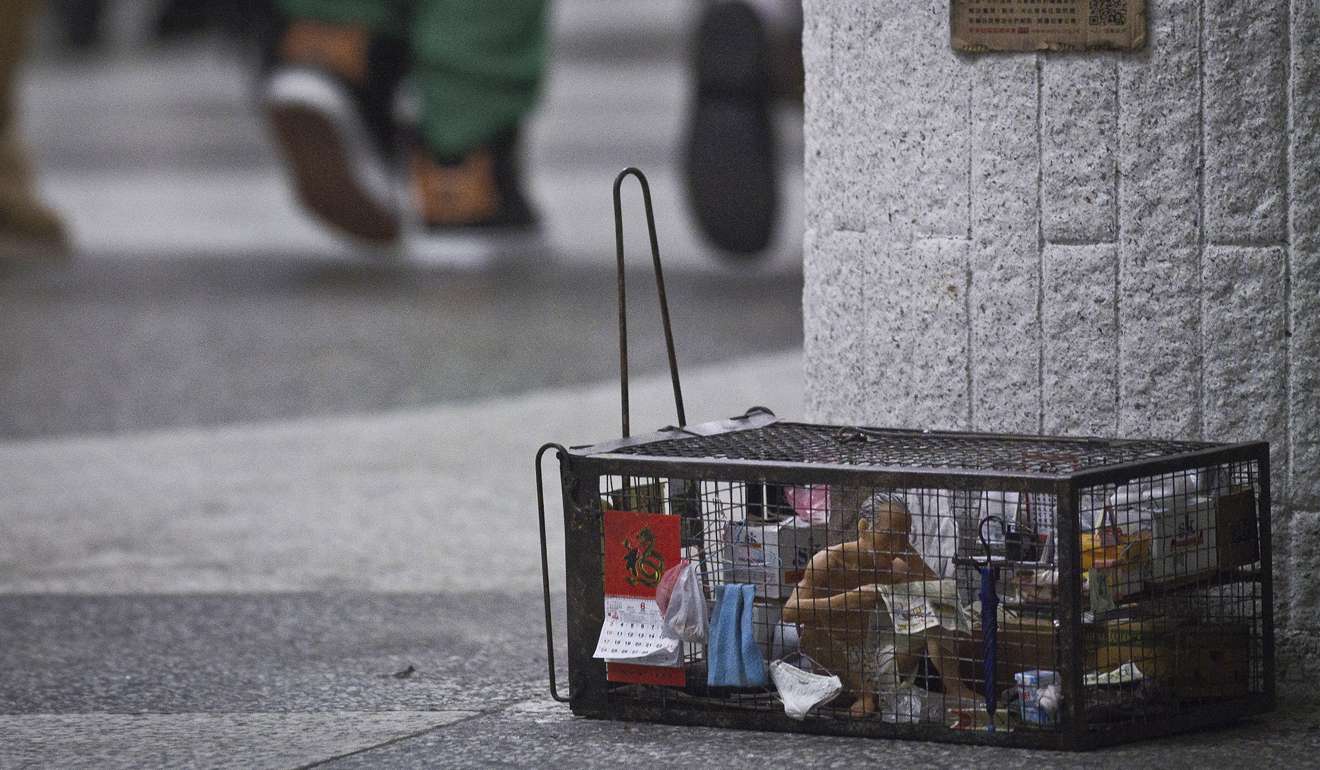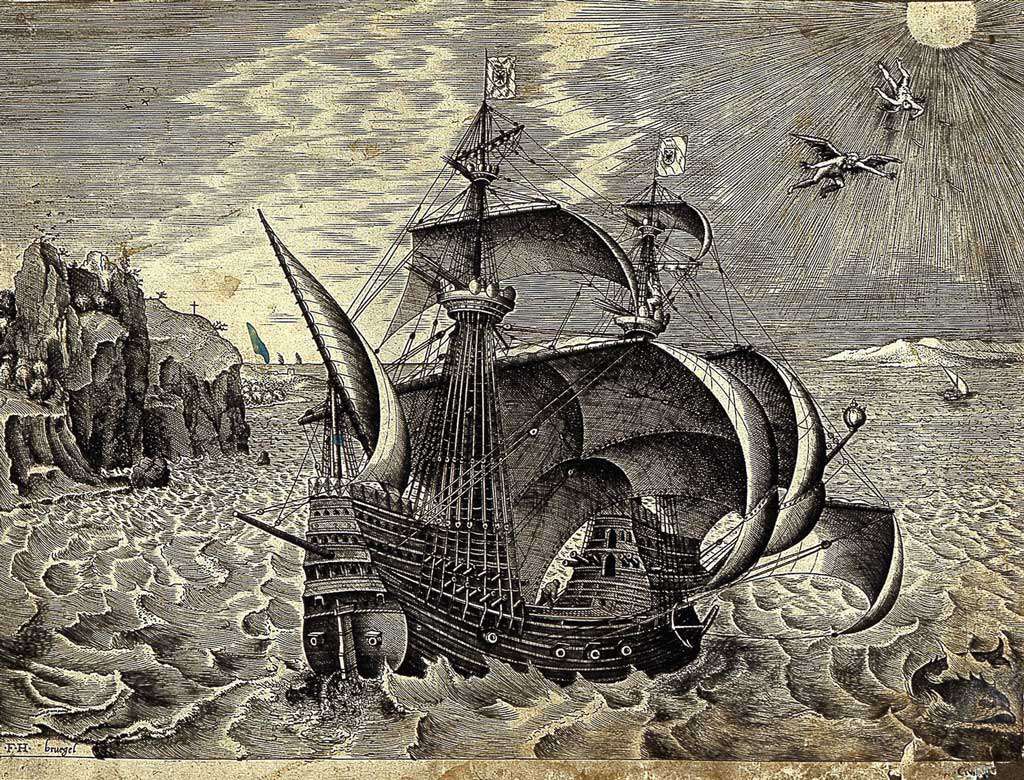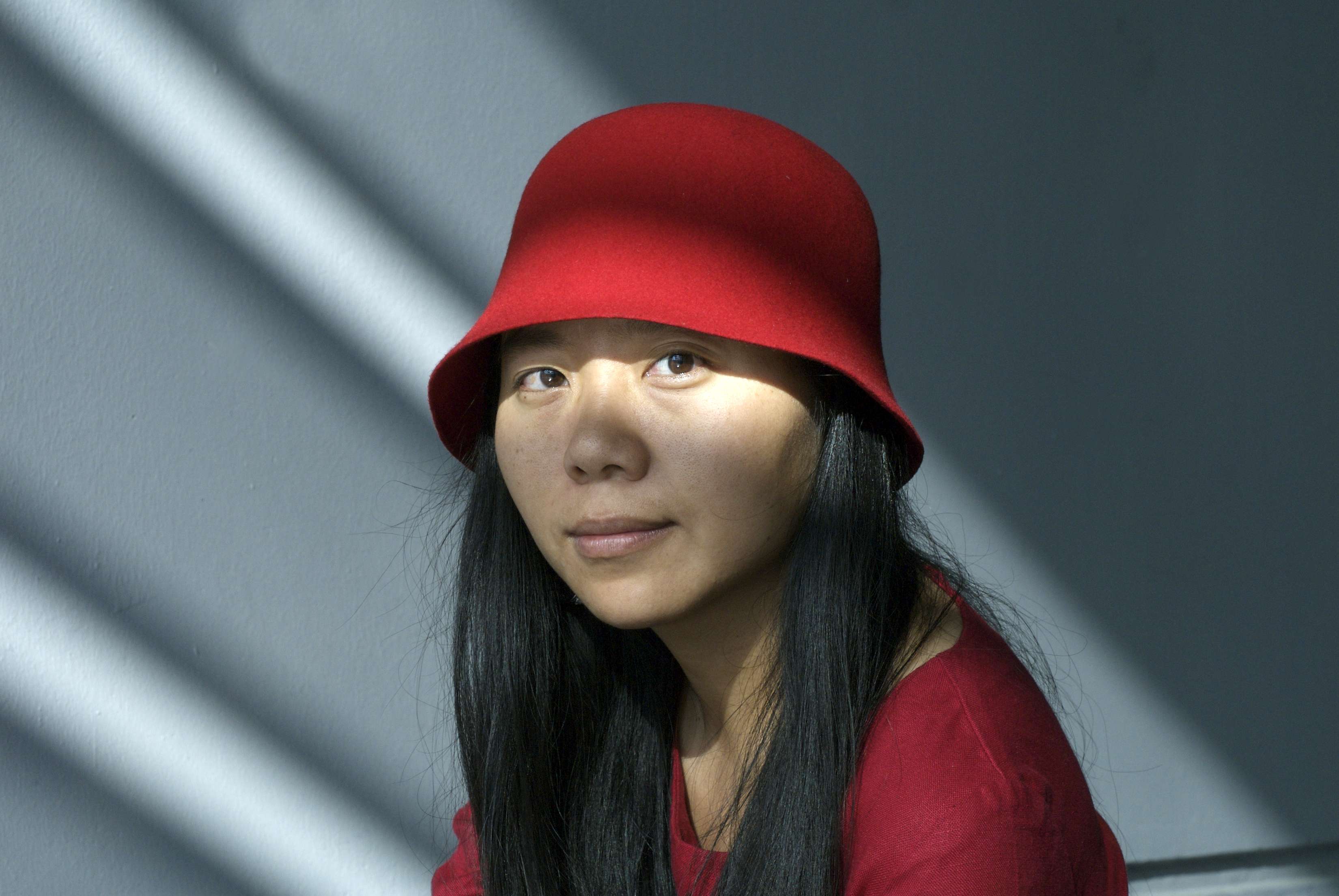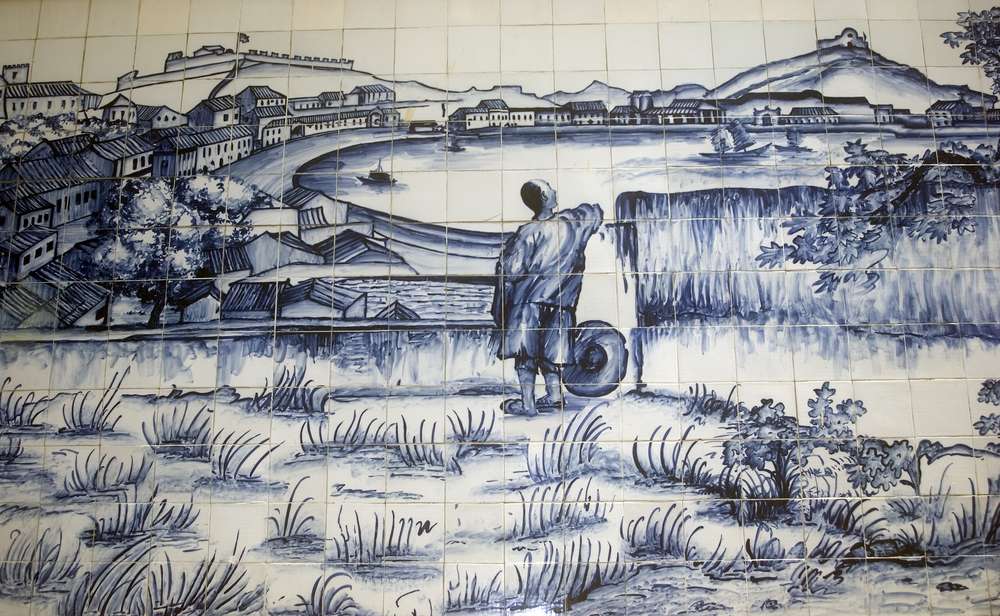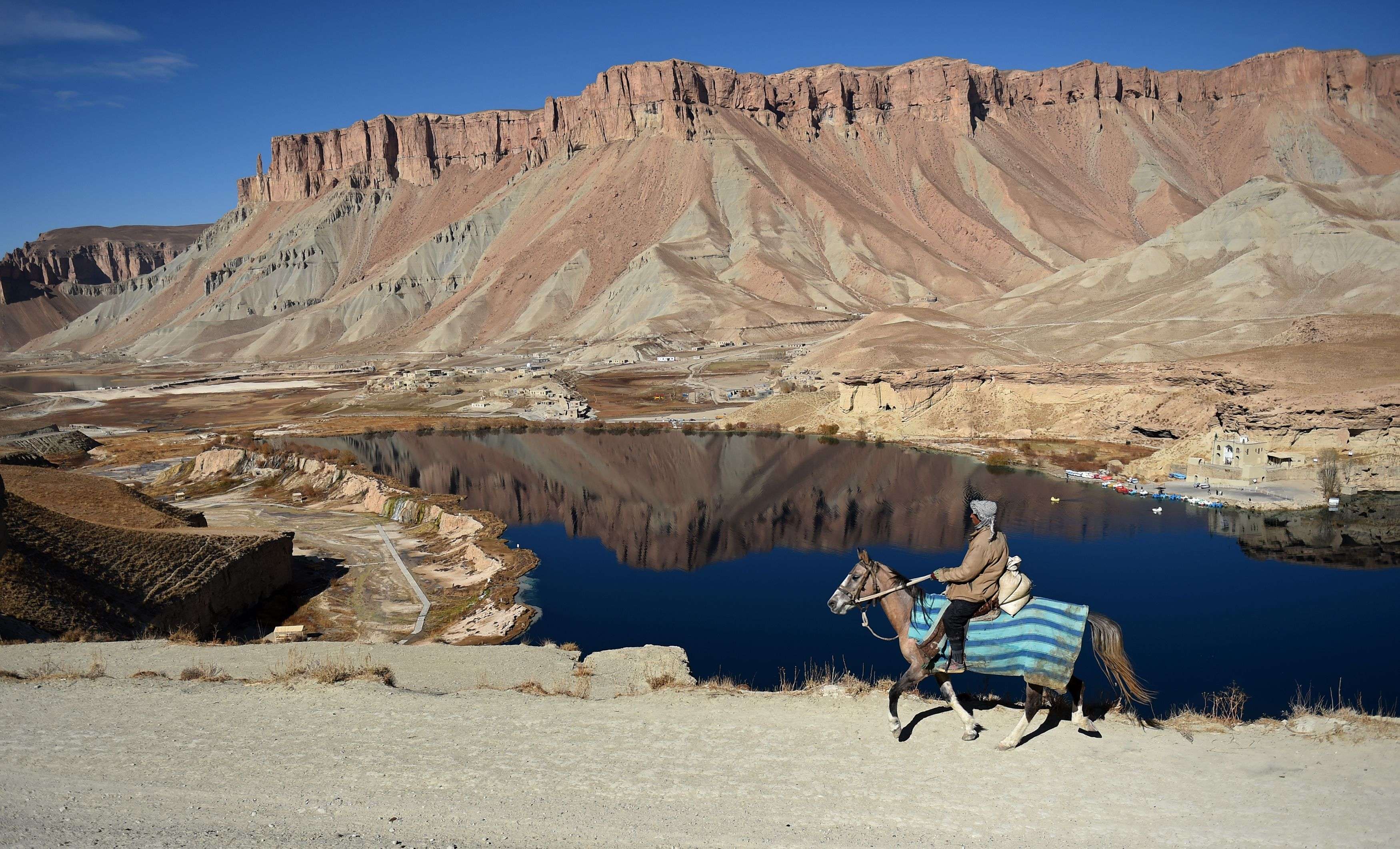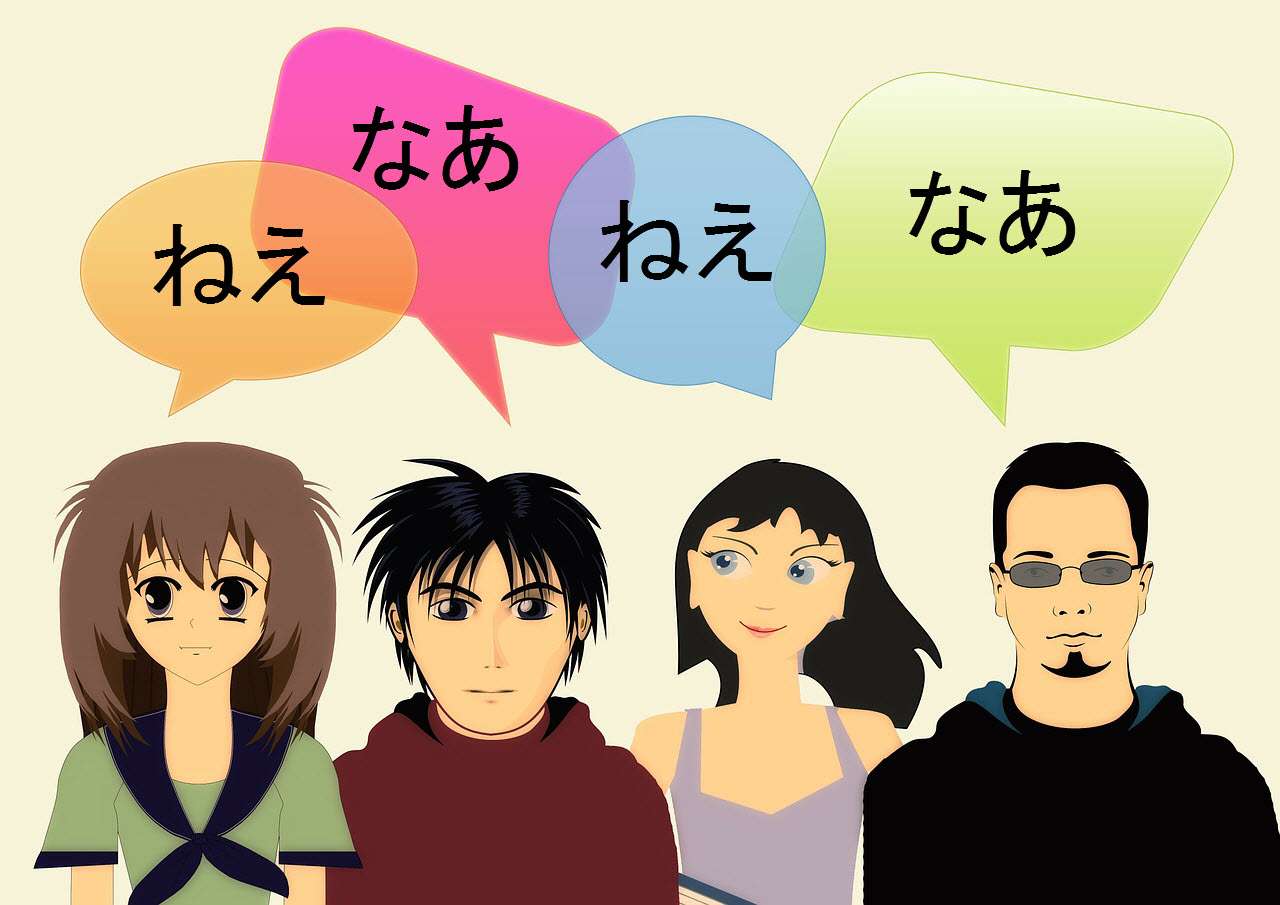Advertisement
Advertisement
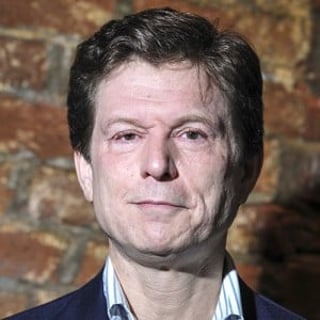
Peter Gordon
Peter Gordon is editor of the Asian Review of Books. A publisher and entrepreneur, he has been active in technology, culture and international trade and investment. He is the co-author of “The Silver Way: China, Spanish America and the Birth of Globalisation, 1565–1815”. He has been a resident of Hong Kong since 1985.
As China expands trade and investment in Latin America, a proactive Hong Kong should seize the opportunity to connect all parties involved.
China’s meteoric rise is restoring the country to a position it considers the normal and proper state of affairs, explains Michael Schuman in Superpower Interrupted, in which he tells Chinese history as the Chinese learn it.
Henry Every, captain of the English pirate ship the Fancy, pulled off one of history’s richest maritime heists when he captured an emperor’s treasure vessel in 1695, prompting a manhunt to the four corners of the earth.
Yingyi Ma’s ‘Ambitious and Anxious: How Chinese College Students Succeed and Struggle in American Higher Education’ uncovers Chinese overseas students’ feelings about their journey and themselves, but is perhaps of most use for those who teach them.
Advertisement
Lavishly illustrated and very well edited, Silk Roads: People, Cultures, Landscapes is a wonderful addition to the literature on what is a huge subject – and rather like an old-fashioned encyclopaedia.
Memoirs ‘Betwixt and Between’ and ‘Shanghai Daisy’ capture China’s turmoil of the 1940s and ’50s and the changing lives of two well-off women, one a Wing On heiress.
In The Great Firewall of China, James Griffiths is as critical of Chinese censors as he is of the profit-driven American tech industry. He sketches a vision of a user-controlled internet true to the technology’s initial promise.
From the Philippines to Hawaii, and Mexico to Puerto Rico, the US’ acquisition of territories comes under the microscope in Daniel Immerwahr’s book. He argues the US’ empire persists today in its overseas bases and dominance of trade.
Tony Joseph’s book Early Indians shows how understanding the human genome is changing ideas about archaeology. It may upset Indians who believe their unique culture began with the Aryans 4,000 years ago.
In Shin Kyung-sook’s latest novel, a French diplomat falls for a Korean court dancer and whisks her off to his native France. She happens to speak French and impresses the literati, but is like a fish out of water and returns to Korea.
Leo Goodstadt points to 20 years of failure on housing, education and ties with mainland China, and says political leaders are incompetent, out of touch, in hock to vested interests and ignore experts ... much like politicians everywhere.
The international accomplishments of local musicians and the success of the inaugural operatic singing competition show the city is hitting the right notes.
Su Tong’s tale of prostitutes in Shanghai sent off for re-education during the birth of the People’s Republic is a non-judgmental and wry look at sex workers and Communist cadres and doesn’t try too hard to be ‘literary’.
Christopher MacDonald’s The Science of War gives a clean, straightforward and readable version of Sun Tzu’s famous work The Art of War and provides a fascinating discussion on its origins and theories
Ashley Galina Dudarenok’s clear, analytical guide to selling on Chinese social media explains in readable detail why not to project Western e-marketing onto the Chinese market and what to do instead
Author Sebastian Heilmann credits ‘guerilla-style policy making’ for China’s rapid economic development, but its successes may not be as unique as he makes out
Graham Earnshaw has republished George Psalmanazar’s fictitious early 18th-century book about Formosa – now Taiwan – called A Description Of Formosa, which duped even the Bishop of London and a tutor at Oxford
UK magazine Wasafiri dedicates an issue to exploring the city’s literature, and asks whether Hongkongers have a distinctive voice, if a local English writing style exists at all and if so, whether it has become mainstream
Yeng Pway Ngon’s 2004 prize-winning book that follows four characters from colonial Malaya to Singapore, Hong Kong and China gets a superb translation by Jeremy Tiang
A John Wayne film in 1942 immortalised their exploits, and it was claimed they shot down almost 300 Japanese aircraft, but the authenticity of the Flying Tigers’ story is shrouded in doubt
Newly translated volume by Kim Tongin describes the struggles of ordinary Koreans in naturalistic style, and is an important addition to Korean classic literature in English
Dung Kai-cheung’s short fictional sketches should resonate with anyone who has experienced the city, but may serve as a better introduction to Hong Kong literature than it does to the place itself
Once a schoolboy in Hong Kong, historian Robert Bickers sheds light on Chinese nationalism and the roots of its ‘rage’ in a work that ranges across politics, classical art and popular culture in a conversational tone
Richard Wong packs a lot into 300 pages, and inevitably stray into politics as they map out solutions to Hong Kong’s multiple challenges; the data they’ve amassed may be book’s biggest selling point
Globalisation is nothing new, say Peter Gordon and Juan José Morales in a book, The Silver Way, an excerpt from which reveals how a Pacific route to and from Spanish America made China an economic powerhouse 400 years ago
Guo was handed at birth to a peasant family who couldn’t look after, then went to stay with her illiterate grandparents in a remote village – so how she ended up a successful filmmaker and English author is an inspiring story of will
Macau was never occupied by the imperial Japanese forces and remained a safe haven in a war-torn region, but information on this period has been hard to come by in English, making this volume all the more appreciated
At a time when Western institutions are adopting gender-neutral language, author considers why Japanese language has gone the other way and contains so many gender-specific words

